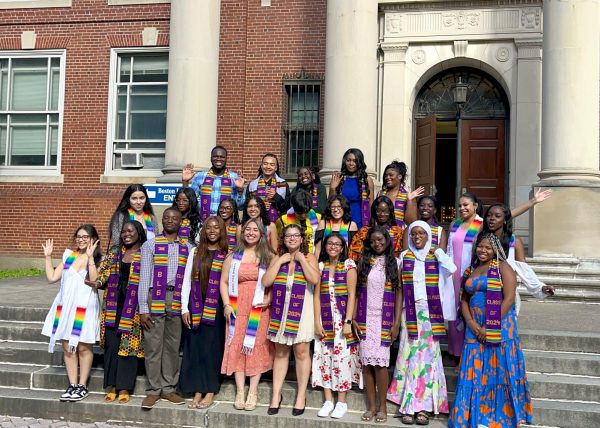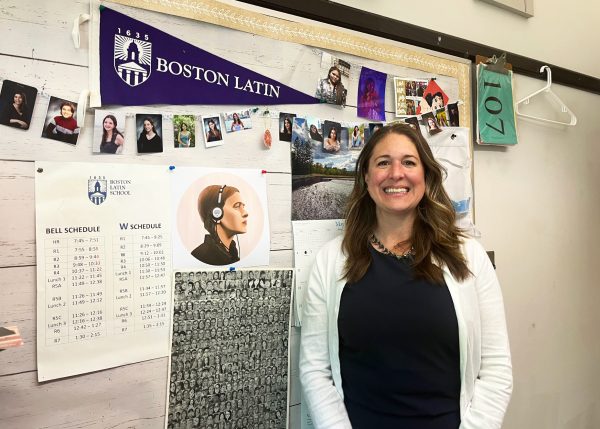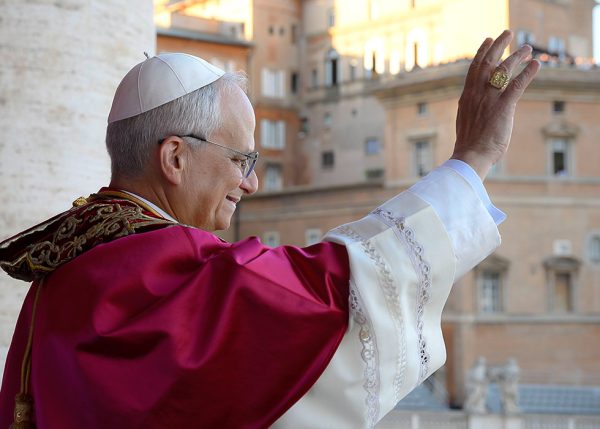GPA Mix-up Muddles Admissions
On April 12, Boston Public Schools informed families that it had calculated the GPAs of many Boston students incorrectly, thus wrongly informing them of their eligibility to apply for exam schools.
According to BPS, they incorrectly calculated the GPAs of 67 rising seventh-grade applicants because they used the “wrong methodology.” Of the 67 students, 41 were wrongly informed that they did not meet the requirements to apply, while 26 were incorrectly told that they did.
To be considered for admission to Boston’s three exam schools — Boston Latin School, Boston Latin Academy and the John O’Bryant School of Math and Science — a student must have a minimum GPA of a B or higher. Then, eligible applicants are ranked by their GPA and Measures of Academic Progress test scores against other students in their assigned socioeconomic tier to determine acceptance to the exam schools.
This year, BPS hired the external auditor Borderland Partners to verify the GPA data, a change from the firm they had hired last year, Ernst & Young. Neither Borderland Partners nor the BPS auditing department caught the errors in the GPAs before sending notices out to students. The district only discovered the errors when a family reached out with concerns about their student’s GPA. As a result, BPS has delayed sending invitations to applicants from the usual mid-March period to early May.
In a digital statement, Boston City Councilor Erin Murphy criticized BPS for this error.
“I am also disappointed to learn that BPS appears to not have the ability to implement its new and complex exam school admission policy in an efficient, transparent way,” says Murphy.
The continued uncertainty surrounding Boston exam school admissions has left some families feeling anxious waiting for their students’ acceptance letters. Furthermore, families have expressed concerns about the lack of concern about the lack of clear communication and support from BPS throughout the process.
“The biggest impact is more likely with families and how they view the process that was put in place,” says BLS Head of School Jason Gallagher.
The mistake also has led some to question the accuracy and efficiency of the calculation process, as this is not the first time the district has made errors in determining students’ GPAs. In both 2019 and 2020, many students were either incorrectly admitted to exam schools, or denied admission despite being qualified. This mix-up was because of the different grading systems across BPS elementary schools.
One comment on The Boston Globe April 13 coverage on BPS’s GPA miscalculation says, “The disturbing reality is BPS consumes over 35 percent of the overall city budget and can’t do simple math. This entity is long overdue for a top to bottom overhaul.”
The district originally hired Ernst & Young, an education consulting firm, to prevent the GPA miscalculations from reoccurring in the 2021 admission cycle. Following this year’s miscalculation, BPS has rehired the company to confirm GPAs alongside the BPS Office of Data and Accountability.
Still, many families have lost trust in the exam school application process and the district as a whole. Superintendent Mary Skipper says, “We recognize that this mistake impacts not just the students most directly affected, but it also impacts the trust our families have in BPS […] I’m committed to rebuilding that trust in addressing challenges transparently as they come up.”





